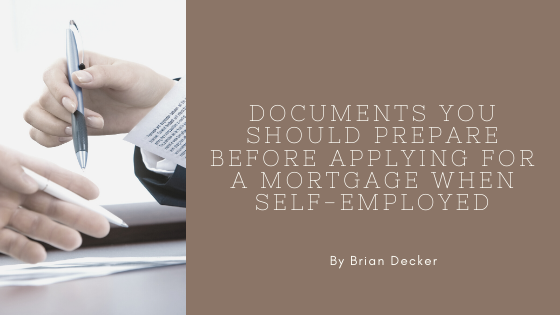Salaried employees with a W-2 often have an easier time applying for mortgages, leasing cars, and making other costly investments than individuals who are self-employed. A W-2 provides lenders with proof of stable and consistent income whereas self-employed applicants may be seen as a higher risk due to the unfixed nature of their business.
That being said, many freelancers and other self-employed individuals who file 1099s can have successful, lucrative careers. When they are ready to apply for a home mortgage, there are some additional documents they should gather to increase their chances of being approved the first time around.
At Least Two Years of Certified Accounts
Work with a certified public accountant (CPA) to provide at least two years of demonstrable income. An accountant’s seal of approval adds legitimacy to your income documentation to mortgage lenders.
A self-employed mortgage should always be handled by a licensed accountant. If you have a significant other or will be purchasing the home with someone else, include their income, as well. If they have a W-2 job, then getting approved under their name may be easier.
This doesn’t mean someone who is a contractor can’t get their own home, however. You should be prepared to show at least two years of steady income that reflects your ability to afford your proposed monthly payments. The more evidence you have of a steady cash flow, the better.
Previous Tax Returns
Any tax returns you’ve filed as self-employed can also be used to verify income. None of the returns you submit should be over three years old, and you should use them to accompany current evidence of your employment status rather than relying on them entirely as proof.
Upcoming Contracts
Another important thing to demonstrate when applying for a mortgage as self-employed is continued work opportunity. If you are a contractor, upcoming projects with clients can be used to show you are actively working and earning a living.
You’ll also need to provide at least six months of bank statements, a council tax bill, proof of utility bills that are at least three months old, and a current passport and driver’s license/state ID.
Know Your Finances First
Lenders will ask many questions about your general lifestyle and living expenses to determine whether they believe you can actually afford to pay your mortgage. Make sure that you break down your budget and look for any type of evidence that supports your claims. Bank statements are the most helpful in validating your financial status.

